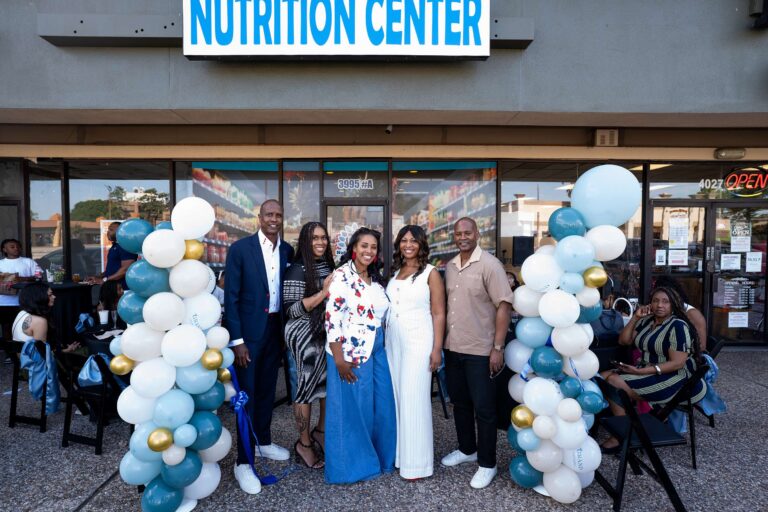Recent studies have revealed that approximately 5% of Black Americans participate in clinical trials. Unfortunately, that number proves lower in the overall BIPOC community, and an organization called Idhini works to help improve Black, Indigenous, and People of Color participation.
To capture the voice of the BIPOC community and their unique needs, Idhini boasts that it provides access and equitable rewards for participation in health research.
“The main reason is trust,” Gerard Charlot, a principal at Idhini, a national database of BIPOC individuals available to participate in clinical trials, told the National Newspaper Publishers Association’s Let It Be Known live morning news show.
Officials designed the platform to provide health information and resources and assist in the health and financial outcomes associated with health literacy.
“Our vision is to have medical research reflect the population it serves,” Charlot stated.
“If we are successful, increased access to healthcare and equitable rewards for participation will create positive health and social outcomes, a more diverse healthcare workforce, and higher financial rewards for health organizations.”
Idhini wants to close the gap in health research within the BIPOC community.
Charlot said the organization reduces the cost of acquiring health-related data and insights from Black and minority communities while increasing the lifetime value of each community member’s interaction with medical research.
He said it’s 100% virtually.
“Why not make the community successful,” Charlot stated.
“The main reason there’s a problem is the lack of trust, not just from Black people, but the BIPOC community in general.”
Idhini has partnered with There Goes My Hero, a national registry that recently launched the “Color the Registry” initiative to secure more African American donors to help save lives.
Idhini helps recruit and screen individuals to ensure suitable patients participate in trials. In addition, the platform captures attitudes and sentiments toward research and converts sentiments into analysis and reporting.
A Chicago Sun-Times study revealed that patients — particularly Black and Latino Americans — now look for pharmaceutical companies to act as information brokers.
“Across social media channels, podcasts, and other outlets, they want these companies to take three major actions: help distinguish between false and accurate health care information; be realistic and honest about the realities of diseases and treatments and show what goes on behind the scenes at pharma companies,” the study authors wrote.
The authors concluded that people are reachable in a new way, and the newfound awareness of and interest in the makers of drugs and vaccines offers a pathway to learning.
“People want to hear from pharma companies,” the study authors wrote. “They’re listening and learning. They then bring this information with them to their doctors’ appointments.”
Charlot said that’s the point of Idhini.
“Major pharmaceutical companies use our stuff because it works,” Charlot stated.
“Our approach is not the Gerard way – it’s the right way.
“You have patient-centered research where it’s now all about community research. If you’re not engaging the community, there’s no value.”
Charlot concluded:
“The future of our families is not just about you; it’s about everybody you love. And the reality is that by learning more about it, by having awareness, you empower yourself to be better. You empower your community which makes you feel like you belong, and for yourself to note that you matter.”
Source: National Newspaper Publishers Association (NNPA)
Written by: Stacy M. Brown, NNPA Newswire Senior National Correspondent








